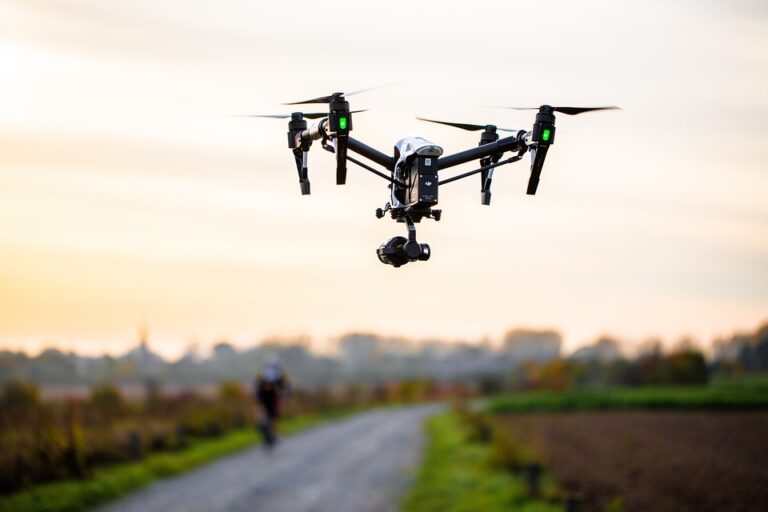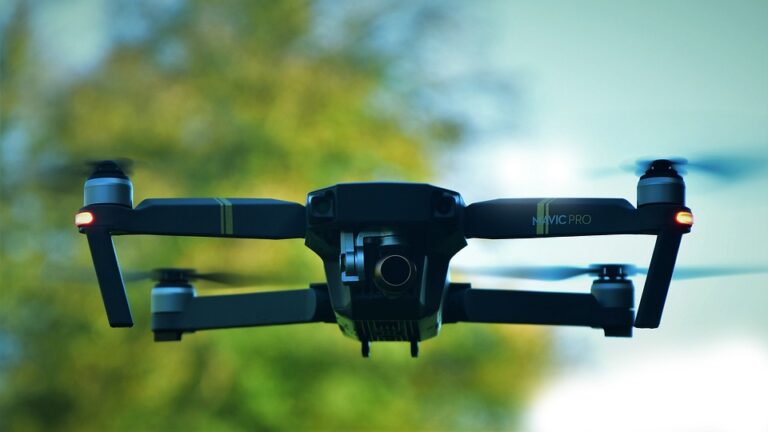The Pros and Cons of Drone Usage: Exploring the Ethical Dilemmas
Drones, also known as unmanned aerial vehicles (UAVs), have become increasingly popular in recent years due to their versatility and efficiency in various fields. From military operations to commercial photography, drones have revolutionized the way tasks are accomplished. However, with the rise of drone usage, ethical dilemmas have emerged, raising concerns about privacy, safety, and the potential misuse of this technology. In this article, we will explore the pros and cons of drone usage while delving into the ethical implications that arise from their widespread adoption.
One of the significant advantages of drones is their ability to perform tasks that are too dangerous or costly for humans. In the military sector, drones provide invaluable support for surveillance, reconnaissance, and targeted strikes. These unmanned vehicles can reduce the risk to soldiers’ lives by collecting intelligence in hostile territories and executing missions without direct human involvement. Moreover, drones can access remote or inaccessible areas, such as disaster zones or rugged terrains, enabling efficient search and rescue operations.
In the commercial sector, drones have transformed industries such as aerial photography, filmmaking, and surveying. With their maneuverability and high-resolution cameras, drones can capture breathtaking aerial shots that were once only possible with expensive helicopters. This has opened up new possibilities for creative expression and has greatly reduced the costs associated with obtaining aerial footage. Additionally, in agriculture, drones are increasingly used to monitor crop health, detect pests, and apply targeted treatments, leading to more sustainable and efficient farming practices.
Furthermore, drones have proven to be indispensable tools in humanitarian efforts. During natural disasters, drones equipped with thermal cameras and sensors can quickly locate survivors and assess damages, enabling prompt and targeted relief efforts. This technology has the potential to save countless lives and alleviate suffering in times of crisis.
However, the proliferation of drones also raises ethical concerns regarding privacy and surveillance. With their ability to record high-quality video and take photographs, drones can invade personal privacy if not used responsibly. There have been numerous reports of drones flying over private property, peeping into windows, and capturing footage without consent. This intrusion into individuals’ lives raises questions about the balance between the right to privacy and the potential benefits of drone technology.
Moreover, the use of drones in warfare has sparked heated debates on the ethics of remote-controlled killings. Critics argue that the detachment between the operator and the target can dehumanize warfare, making it easier to engage in violence without fully considering the consequences. The lack of accountability and the potential for collateral damage have led to concerns about the morality of using drones in combat.
In addition to privacy and warfare, safety is another ethical dilemma associated with drone usage. As the number of drones in the sky increases, so does the risk of accidents and collisions. Drones can interfere with manned aircraft, posing a significant threat to aviation safety. To mitigate this risk, regulations and airspace management systems must be in place to ensure responsible drone operation. However, enforcing these regulations and preventing unauthorized drone flights remains challenging.
Furthermore, the potential misuse of drones by malicious actors raises concerns about security and public safety. Drones can be weaponized or used for illegal activities such as drug trafficking or terrorist attacks. The availability of affordable drones and their ability to bypass traditional security measures present new challenges for law enforcement agencies worldwide.
Despite these ethical dilemmas, it is essential to acknowledge the positive impact of drones in various domains. In environmental conservation, drones are used to monitor wildlife populations, track deforestation, and protect endangered species. This technology allows researchers to gather data more efficiently and make informed decisions to preserve biodiversity.
In conclusion, the increased usage of drones has brought numerous benefits across multiple sectors. From military operations to commercial applications and humanitarian efforts, drones have proven to be invaluable tools. However, ethical dilemmas surrounding privacy, warfare, safety, and security cannot be ignored. It is crucial for governments, organizations, and individuals to address these concerns and establish regulations and guidelines that strike a balance between the advantages of drone technology and the ethical implications it brings. Only then can we fully harness the potential of drones while ensuring the responsible and ethical use of this innovative technology.




